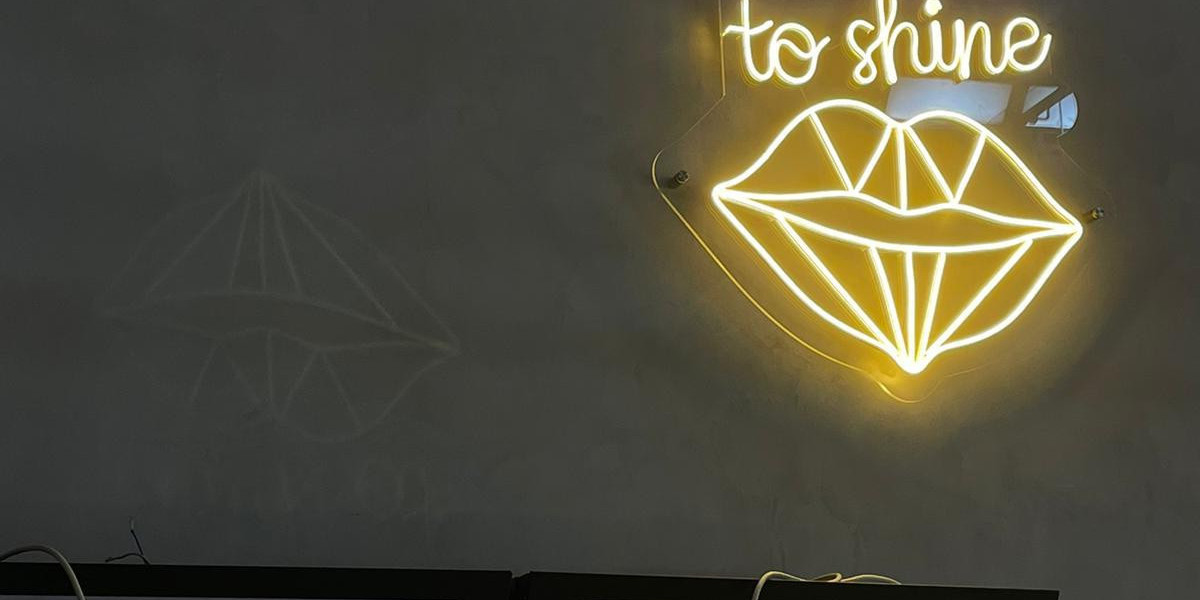While many people are familiar with heavy equipment rentals like excavators or aerial lifts, “other equipment” categories often contain essential tools and machines that support overall project efficiency, safety, and productivity.
These miscellaneous or specialized tools may not always get the spotlight, but they’re just as critical—serving as the glue that holds a project together. This article explores the various types of other equipment rentals, why they're essential, the advantages of renting them, and how to choose the right provider.
What Does “Other Equipment” Include?
The Other Equipment category covers a wide variety of tools and machinery that don’t fall into common rental groupings like earthmoving, HVAC, or concrete. These include:
Traffic Control Equipment (cones, signs, barriers)
Safety Equipment (gas detectors, harnesses, fall protection)
Surveying Tools (laser levels, total stations, transits)
Cleaning & Maintenance Equipment (pressure washers, floor scrubbers)
Welding Machines (arc welders, plasma cutters, accessories)
Painting & Finishing Tools (paint sprayers, sanders)
Ladders & Scaffolding (portable access systems)
Industrial Fans & Dehumidifiers (for drying or air movement)
Generators & Power Distribution Boxes (for temporary power)
Storage Solutions (portable job boxes, fuel storage tanks)
These types of equipment might not be used every day, but when they’re needed, they’re absolutely indispensable.
Why Renting “Other Equipment” Makes Sense
Whether you're managing a major construction project or a DIY renovation, here’s why renting miscellaneous equipment is a smart move:
1. Cost-Effective Use of Budget
Many tools in this category are needed temporarily. Buying them outright would be a waste of money and storage space. Renting allows businesses and homeowners to pay only for what they use.
2. Access to Specialty Tools
Some jobs require equipment that is highly specialized and not found in your regular tool chest. For example, laser levels for grading or traffic control signage for a public road project. Renting ensures availability without long-term commitment.
3. No Maintenance Worries
Most reputable rental companies handle all maintenance and safety checks before you rent. This saves you from repair costs or service schedules.
4. Improved Safety and Compliance
Safety equipment, gas detectors, and job site signage are often regulated. Renting from a professional supplier ensures you’re using equipment that meets the latest industry standards.
5. Convenience
With rental equipment, there's no need to store, transport, or maintain infrequently-used tools. Many rental companies offer delivery and pickup options, streamlining logistics.
Popular “Other Equipment” Rentals for Job Sites
Here’s a deeper dive into some of the most commonly rented items in this category and how they’re used:
1. Traffic and Road Safety Equipment
For construction near roads, traffic control is legally required. You can rent:
Traffic cones
Barricades
Arrow boards
Electronic message signs
These ensure the safety of workers and the general public, and help meet municipal regulations.
2. Gas Detection and Safety Gear
In industrial or confined spaces, safety tools like:
Multi-gas detectors
Fall protection harnesses
Tripods and winches
Rescue equipment
…are essential for OSHA compliance and preventing workplace accidents.
3. Cleaning and Surface Prep Equipment
From post-job cleanup to surface refinishing, you may need:
Power washers
Floor scrubbers and sweepers
Paint sprayers
Industrial vacuums
These tools help ensure a professional finish and keep your workspace clean and safe.
4. Welding and Cutting Tools
On metalwork jobs, rented welding equipment can include:
Arc welders
Wire feed welders
Plasma cutters
Welding tables and clamps
Professionally maintained rental machines ensure top performance and reduce downtime.
5. Surveying Equipment
Before any excavation or grading job, precise layout is crucial. Surveying gear includes:
Total stations
Transit levels
Rotary laser levels
Grade rods
Most contractors don’t use these daily, making renting the perfect solution.
Who Rents Other Equipment?
✔️ General Contractors
They often need varied tools for short-term tasks—like signage for road work or a welder for metal framing.
✔️ Homeowners and DIYers
For weekend projects such as pressure washing a driveway or repainting a garage, renting tools is budget-friendly.
✔️ Industrial and Utility Companies
From gas detectors to job site fans and dehumidifiers, safety and environmental control gear are key in utility operations.
✔️ Event Planners
Even event professionals use “other equipment” like light towers, crowd control barriers, and temporary fencing.
Renting vs Buying: What to Consider
Before making a decision, weigh the following:
Factor Rent Buy
Frequency of Use Occasional Daily
Initial Cost Low High
Maintenance Included Your responsibility
Storage Needs None Required
Flexibility High Limited
If you only need a piece of equipment for a few days or a few times a year, renting is almost always more economical.
Choosing a Reliable Rental Partner
To ensure you get the most value and performance, consider these tips when choosing a rental company:
✅ Check Inventory
Make sure they offer a wide range of miscellaneous equipment and can support your job's needs.
✅ Ask About Maintenance
Ask how often they service and inspect the tools, especially safety-related items.
✅ Review Rental Terms
Be clear on rental duration, delivery/pickup options, and damage responsibilities.
✅ Look for Local Availability
Renting locally means faster delivery and on-the-ground support if issues arise.
Real-World Example: How “Other Equipment” Saved the Day
A roofing contractor in New York faced a week-long delay because of safety inspection failures. The problem? No fall protection or ladder tie-offs on site. Within hours of calling a local rental partner, he had harnesses, roof anchors, and safety signage delivered. The inspection passed the next day, and the project resumed—saving thousands in delays.
Final Thoughts
Though often overlooked, other equipment rentals play a crucial role in ensuring your project runs smoothly, safely, and on schedule. Whether you need temporary lighting, job site safety tools, dehumidifiers, or specialty painting gear, renting is the smartest, most flexible option.
When you work with a dependable rental company, you gain more than just tools—you gain peace of mind, access to the latest equipment, and the flexibility to focus on getting the job done right.










